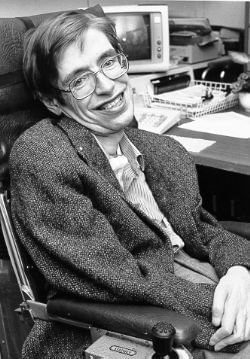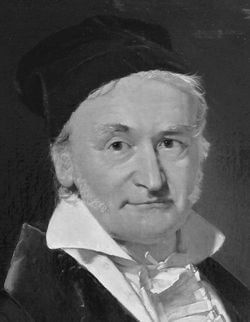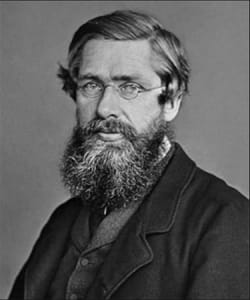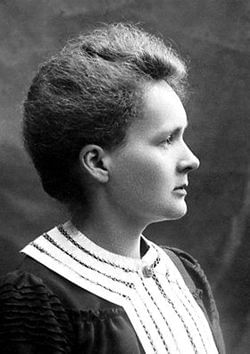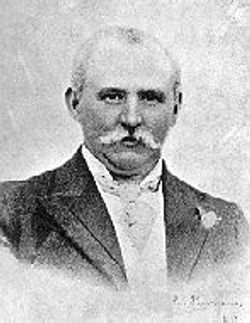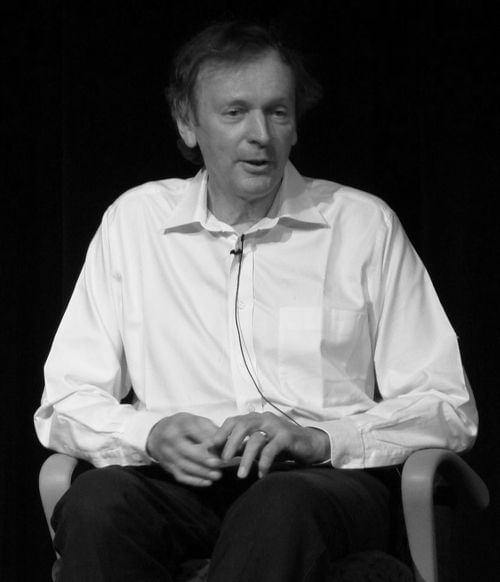
Photo Attribution: Zereshk, CC BY 3.0 https://creativecommons.org/licenses/by/3.0, via Wikimedia Commons
Rupert Sheldrake
This example has been viewed 749x times
Summary
Rodden Rating
Analysis for Rupert Sheldrake
Biography
Alfred Rupert Sheldrake (born 28 June 1942) is an English author and parapsychology researcher. He proposed the concept of morphic resonance,[2][3] a conjecture that lacks mainstream acceptance and has been widely criticized as pseudoscience.[4][5][6][7][8] He has worked as a biochemist at Cambridge University, a Harvard scholar, a researcher at the Royal Society, and a plant physiologist for ICRISAT in India.[2][9]
Other work by Sheldrake encompasses paranormal subjects such as precognition, empirical research into telepathy, and the psychic staring effect.[10][11] He has been described as a New Age author.[12][13][14]
Sheldrake's morphic resonance posits that "memory is inherent in nature"[2][15] and that "natural systems ... inherit a collective memory from all previous things of their kind."[15] Sheldrake proposes that it is also responsible for "telepathy-type interconnections between organisms."[16][10] His advocacy of the idea offers idiosyncratic explanations of standard subjects in biology such as development, inheritance, and memory.
Critics cite a lack of evidence for morphic resonance and inconsistencies between its tenets and data from genetics, embryology, neuroscience, and biochemistry. They also express concern that popular attention paid to Sheldrake's books and public appearances undermines the public's understanding of science.[a]
Early life and education Sheldrake was born on 28 June 1942,[33] in Newark-on-Trent, Nottinghamshire,[1] to Reginald Alfred Sheldrake and Doris (née Tebbutt).[34] His father was a University of Nottingham-educated pharmacist who ran a chemist's shop on the same road as his parents' wallpaper shop.[35] Sheldrake credits his father (an amateur naturalist and microscopist)[33] with supporting his interests in zoology and botany.[16][36]
Although his parents were Methodists,[37] they sent him to Worksop College, an Anglican boarding school.[1] Sheldrake has said:
I went through the standard scientific atheist phase when I was about 14 ... I bought into that package deal of science equals atheism. I was the only boy at my high Anglican boarding school who refused to get confirmed.[2]
In the nine-month period before starting college, Sheldrake worked at the Parke-Davis pharmacology research lab in London, an experience he described as formative due to the required destruction of lab animals, which he found deeply unsettling.[37] At Clare College, Cambridge, Sheldrake studied biology and biochemistry. In 1964,[37] he was awarded a fellowship to study the philosophy and history of science at Harvard University.[38] After a year at Harvard, he returned to Cambridge, where he earned a PhD in biochemistry for his work in plant development and plant hormones.[2][16]
Source: https://en.wikipedia.org/wiki/Rupert_Sheldrake
Raw Data
Horoscope Data
Comments
Natal Data
1942-06-28 18:00:00 LMT
53° 6′ 1.1″ N 0° 59′ 37.1″ W
Nottinghamshire, UK
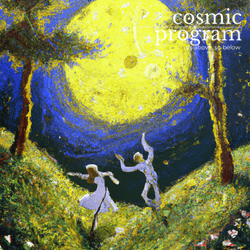

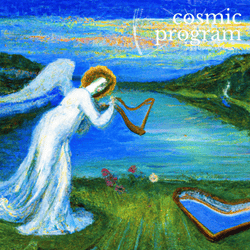


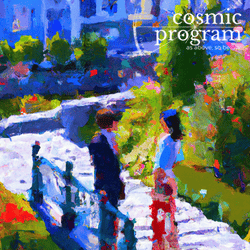


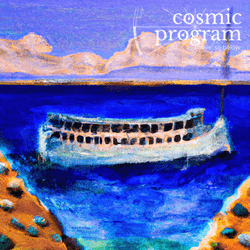

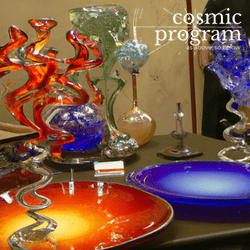


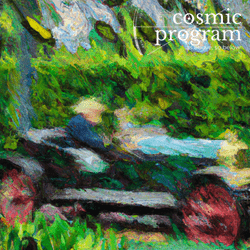

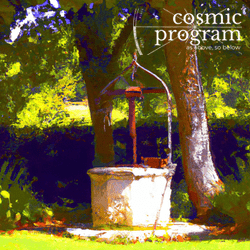
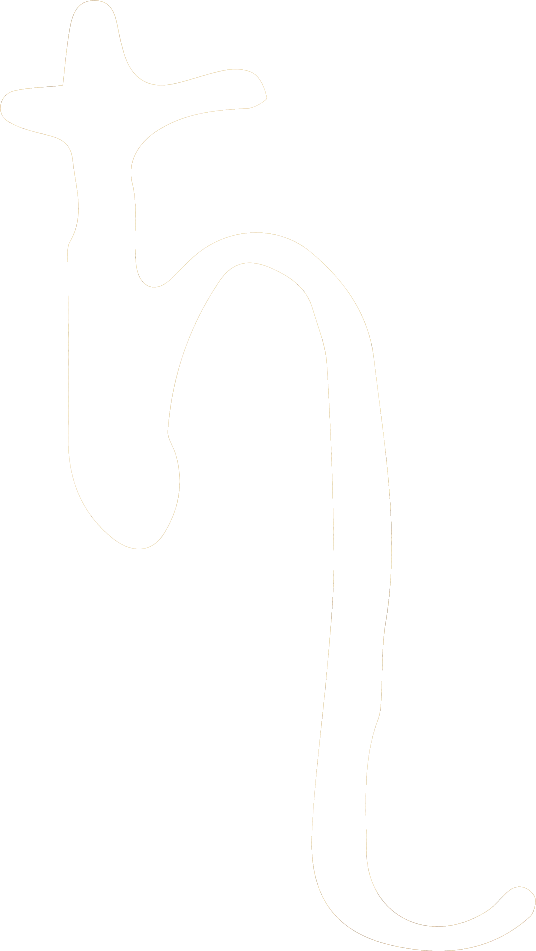
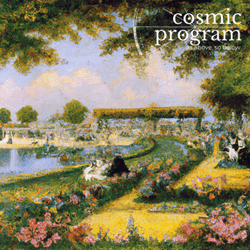

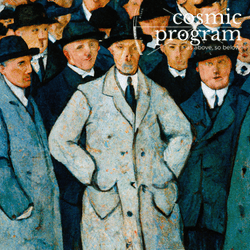


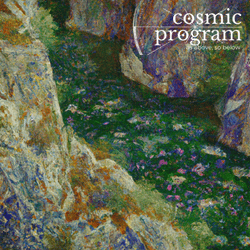

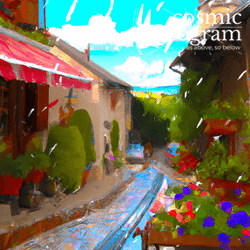

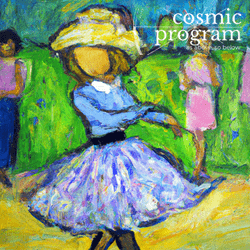

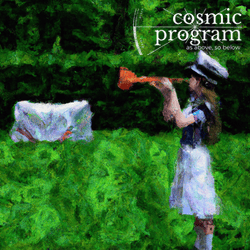


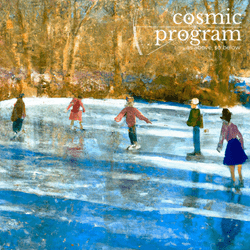

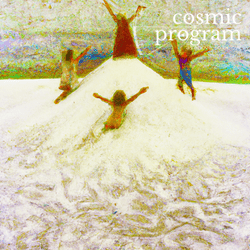


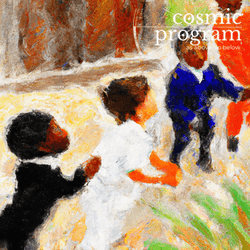

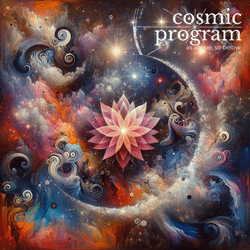
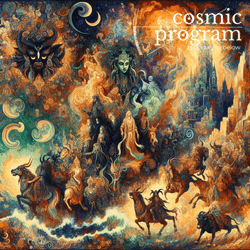
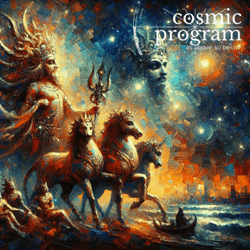
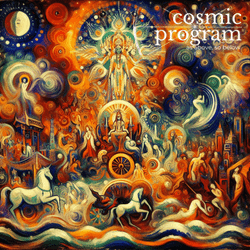
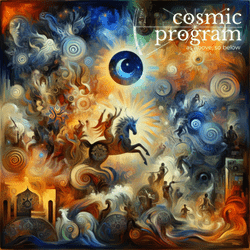
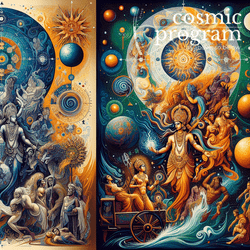
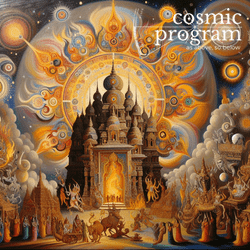
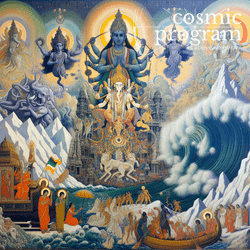
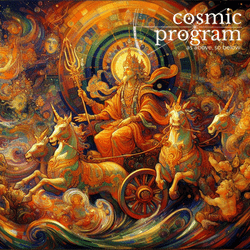
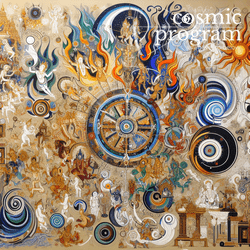
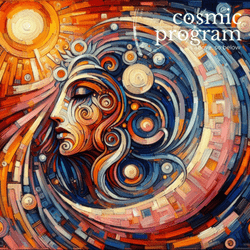
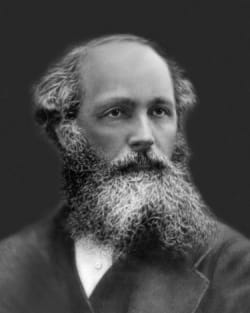
.jpg?bossToken=e54db2df310ca9c7cf7bf93c6265a0914ac167aab14e6c8a0b9b27d4c1db1c42)
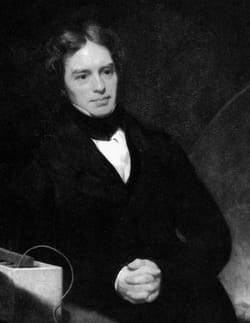
.png?bossToken=09b3fd2528404ef0d2f971cdac2a9e172899f80aa6b1420d115a995d66316a41)
